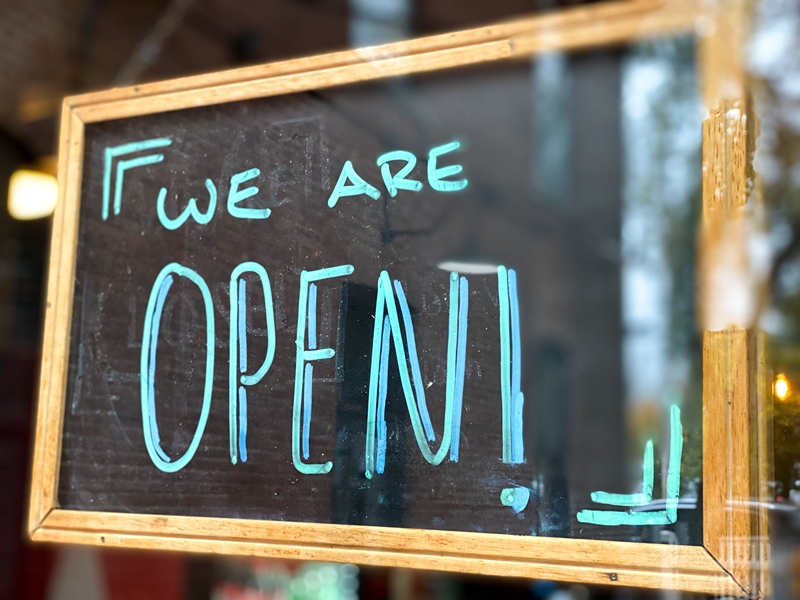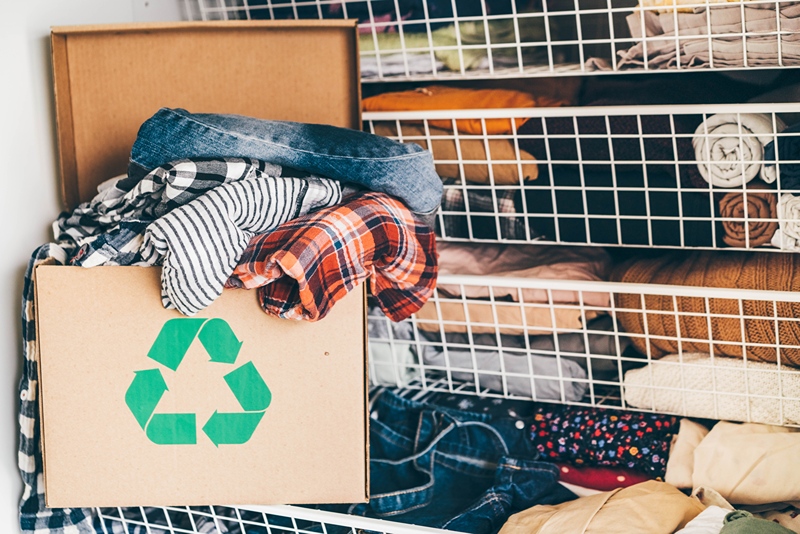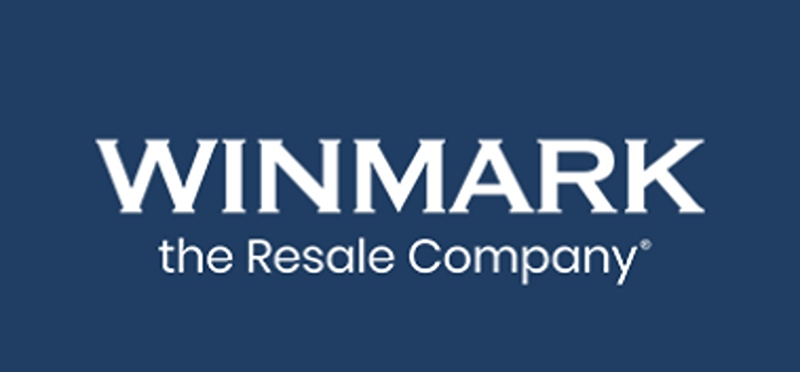Consumers increasingly seek out businesses that recognize and follow through on sustainable business practices. Whether by reducing unnecessary waste or creating a brand with strong environmental values, businesses can increase their value and achieve overall success.
While there’s no single definition of sustainability, there is a multitude of ways for business owners to improve their business’s impact on the environment and surrounding community. Here are just a few reasons local businesses can make a positive environmental impact on the local area:
1. Conserving Resources and Reducing Expenses
Sometimes small steps towards sustainability can have a positive impact on business and the community. Implementing things like upgraded, energy-saving lighting, cutbacks on paper usage and water-conserving toilets works favorably in two-fold: saving monthly expenses on bills, while also saving essential natural resources for the community.

In fact, just by switching to double-sided printing, an owner’s printer or copy machine will produce an immediate 50 percent reduction in paper costs.
2. Reducing Environmental Footprint by Shopping Local
A great way for business owners to create a positive impact on the community while staying environmentally conscious is to stick with local vendors as much as possible. From office supply purchases like toner, pens and staples to locally printed business cards and caterers, buying from other local businesses keeps the local economy strong. Not to mention, reducing carbon emissions that would have come with having supplies shipped in from all over the globe.
This also can positively impact business relationships, strengthening the bond between business owners and creating symbiotic and successful relationships with like-minded members of the community.

If businesses are unable to stick with local vendors for supplies, they can set up policies for green or environmentally friendly supply purchases that ensure they are working with like-minded people. Look for companies that are certified as B Corps, Green Business or Fair Trade, and choose them over their non-certified counterparts.
3. Ensuring a Green Supply Chain
We all understand the importance of recycling, so businesses that can recycle or reuse their products in a safe manner help cut down on what gets sent to the landfills. The fashion industry is notorious for the amount of waste it produces. For example, the industry accounts for 20 percent of wastewater globally and accounts for 10 percent of carbon emissions.

At Winmark, we take it to the next level since our entire umbrella of brands focuses on selling quality used items. Essentially, our business model leverages consumers as suppliers, as well as support the local community’s economy. Our supply chain is hyper-local with customers selling franchisees their used items that will continue to be useful in a different household in exchange for cash.
The combination of consumer awareness and scientifically backed data is influencing businesses both large and small for the better, ensuring the longevity of our planet and the environment.
Companies across the industry are beginning to implement benchmarks that positively contribute to sustainable business practices. By creating a baseline for water, paper and waste usage, business owners can see the evidence of how they’re positively contributing to positive, sustainable business practices. It’s a lot easier for both owners and employees to feel accomplished in their efforts when that evidence of success is in a tangible form.
Setting baseline standards and benchmarks also helps businesses track the effectiveness of any new initiatives, making it much easier to modify objectives to more attainable standards or rectify any hiccups along the way.
With more than 1,250 resale franchise locations across North America, Winmark is a leader in the resale industry and has prioritized growth through environmentally friendly business practices. With every new franchised location, the greater the opportunity to build a green economy and empower communities to engage in sustainable consumerism.
If you’re interested in learning more about a franchise opportunity built around sustainability, get started by downloading any of our franchise reports for free.


